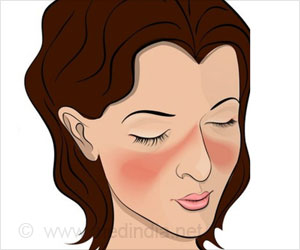Researchers have found that vitamin E can be considered an antioxidant drug to prevent heart attacks only if taken in proper doses.
Vanderbilt University Medical Center researchers have found that vitamin E can be considered an antioxidant drug to prevent heart attacks only if taken in proper doses.
Oxidant injury, or oxidative stress, occurs when highly reactive molecules called free radicals attack and damage cellular proteins, lipids (fats) and DNA. Free radicals, which are byproducts of normal metabolism, are produced in excess in certain disease states, including heart disease.Epidemiological data and animal studies have suggested that antioxidant compounds like vitamin E, vitamin C and beta-carotene might offer some protection against heart attack in individuals at risk, but earlier studies reported failure of vitamin E.
As part of the study, Jack Roberts, Jason Morrow and colleagues conducted trials to determine the optimum antioxidant dose of vitamin E using an assay they developed to measure compounds formed by oxidative stress processes, called F2-isoprostanes.
The researchers first determined how long it took for a very high dose of vitamin E – 3200 IU/day, to suppress oxidative stress in individuals at risk for cardiovascular disease.
The study found that it was necessary to give at least 1600 IU per day, which was twice than that used in some of the previous clinical trials, to cause a significant reduction in oxidative stress.
“It was clear that large doses – and doses in excess of what all clinical studies had used – were necessary,” Morrow said.
Advertisement
The findings of the study were published in in Free Radical Biology and Medicine.
Source-ANI
SRM/J











